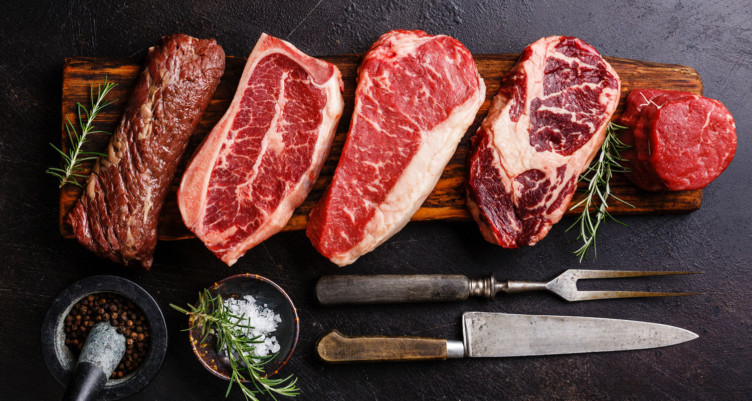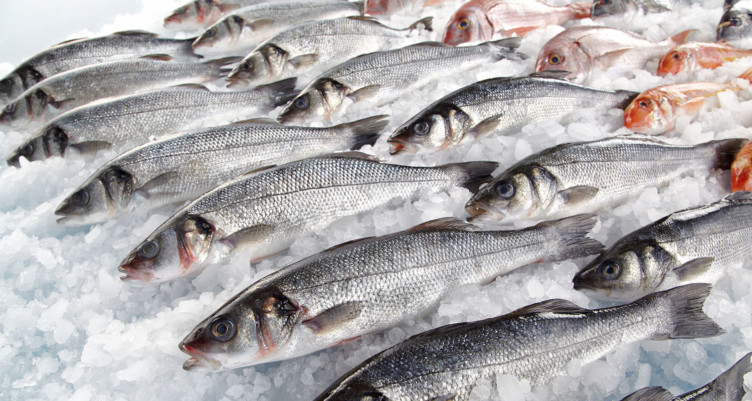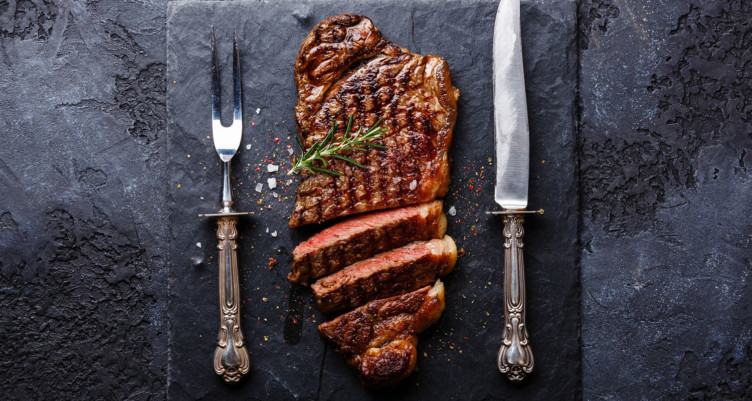Understanding the Carnivore Diet: Health Benefits, Risks and Rules

- On a carnivore diet, you only eat animal products like meat, fish, eggs, and sometimes dairy. You avoid all plant-based foods, including fruits, vegetables, grains and legumes.
- The healthiness of the carnivore diet is debated. Some people report benefits like weight loss, but concerns about long-term effects exist.
- The carnivore diet can cause nutrient deficiencies and side effects like constipation or diarrhea due to a lack of fiber. It can also raise LDL cholesterol and blood pressure, especially if you eat a lot of processed meats.
What is the carnivore diet? Picture this: For breakfast, you dig into a pile of bacon. When lunch hits, you chow down on a sizzling sirloin steak. And when it’s time for dinner, you grill up a few classic beef burgers — hold the cheese. And the buns. And the veggies.
The carnivore diet sounds like a meat lover’s dream. Also known as “carnivory” or the zero-carb foods diet, the rules of the diet are simple: eat only animals. There is no food timing, portions or macros. You eat when you’re hungry and stop when you’re full. On a carnivore diet, you can eat meat, fish, eggs and sometimes dairy while avoiding all plant-based foods like fruits, vegetables, grains and legumes.[1] That’s it.
Followers of the carnivore diet believe it can help with weight loss and specific health issues, but it is a very restrictive way of eating. A high-fat, low-carb approach to food may help manage weight, improve blood sugar control and boost energy levels by shifting the body into a fat-burning state.[2] The carnivore diet is a more extreme version of most low-carb/high-fat diets: keto limits carb consumption, while carnivory eliminates it.
The carnivore diet has gained popularity in recent years. Why? Some supporters claim it simplifies food choices and focuses on nutrient-dense animal products. However, because it cuts out entire food groups, there are concerns about more essential nutrients like fiber and vitamins in fruits and vegetables.[3]
Is it genuinely effective to limit your diet to animal products, disregard vegetables, and live off the fat of the land? And how does the carnivore diet compare to keto or paleo? Here’s what science says.
What is the Carnivore Diet?

There are no formal long-term studies on the carnivore diet. That’s partially because it contradicts conventional nutritional advice: most people need to eat a variety of high-quality foods to consume healthy levels of protein, fat, carbohydrates, vitamins and minerals.
Related: The Bulletproof Diet Roadmap Free Download
The thing is, there are thriving online communities packed with anecdotal evidence in favor of the zero-carb diet: Facebook groups, online resources, and subreddits dedicated to zero-carb eating and carnivory. One of the most outspoken proponents of the diet, Shawn Baker, an athlete and former orthopedic surgeon, maintains a website that shares testimonials from people who follow the diet. Proposed benefits of the carnivore diet include weight loss, relief from autoimmune conditions and increased mental clarity.[4]
We can find echoes of the carnivore diet in unexpected places. In 2017, Sonya Mann reported on carnivory among a small number of techies in the cryptocurrency community. (Mann later tried the diet herself and lost four pounds in two weeks.) The late audio engineer Owsley “Bear” Stanley, prolific LSD producer and sound engineer for bands like the Grateful Dead, followed an all-meat diet for five decades.
Moreover, the carnivore diet has cultural precedent, as seen in the Maasai people of Kenya and Tanzania, who traditionally consume a diet rich in meat, milk and blood. Despite their high fat and cholesterol intake, the Maasai maintain low serum cholesterol levels and have a low incidence of heart disease, which challenges conventional views on dietary fat and health.[5]
If you’re a fan of steak and can live without salad greens, it’s easy to see why the diet is tempting. But is a carnivore diet healthy? Read on to learn the adverse effects of a carnivore diet.
Is the Carnivore Diet Safe?

Is the carnivore diet safe? The safety of the carnivore diet is a topic of debate. While some people report benefits, the diet is highly restrictive and not grounded in scientific study. It eliminates entire food groups, which could lead to nutrient deficiencies, especially in vitamins, minerals and fiber. Long-term health effects are not well studied, and most health experts recommend a more balanced diet that includes a variety of foods to ensure adequate nutrition.
Carnivore Diet Benefits

People often lose weight on the carnivore diet because it eliminates all carbohydrates, which can reduce overall calorie intake and lead to ketosis, where the body burns fat for fuel instead of glucose (also known as ketosis).[6] The high protein content of the diet also helps with satiety, making people feel full longer, which may reduce the tendency to overeat.[7] The high-fat content in red meat is incredibly satiating, which also explains why people lose weight on a diet — when you feel full, you aren’t eating because you’re bored or snacking between meals. And lastly, by cutting out processed foods and sugars, the diet can help stabilize blood sugar levels, which can further support weight loss efforts.[8]
The other benefits — like increased mental clarity and reduced inflammation — may be attributed to dietary changes like limiting grains and training your body to burn fat instead of carbs for fuel. Studies have found that ketogenic and ketogenic-type diets can support blood sugar conditions,[9] systemic inflammation,[10] and reduce the risks associated with heart issues, among other benefits.[11]
Related: How to Find Your Ideal Carb Intake
Carnivore Diet Risks
There’s also the health risks associated with eating such large amounts of meat. Whether you’re a carnivore or omnivore, if you’re going to eat more animal products, ensure it comes from sustainably raised, organic, grass-fed animals. Compared to grain-fed, irresponsibly produced products, organic, grass-fed meat has higher antioxidant content and is lower in antibiotics, growth hormones, and mycotoxins.[12]
Something else to consider is that you don’t get a complete nutrient profile from an all-meat diet. A recent study suggests that while the carnivore diet can provide essential nutrients, some may be in lower amounts, requiring careful planning to meet daily needs.[13] Although you can likely meet your short-term micronutrient needs without plant-based foods, the long-term effects must be clarified, especially regarding calcium levels.
The carnivore diet’s side effects include potential nutrient deficiencies due to eliminating entire food groups.[14] With vegetables, you might get essential vitamins like A and C, fiber and phytonutrients.
The Bottom Line
Carnivore, paleo, keto, and the Bulletproof Diet have one thing in common: they limit (or eliminate) carbohydrates in favor of fats and protein. The philosophies behind these diets are different; whichever diet you follow depends on your preferences and how your body responds. Some people thrive on keto. Others need the occasional sweet potato. And that’s okay.
The Bulletproof Diet advocates a sustainable approach to the low-carb, high-fat way of eating called the cyclical ketogenic diet. You eat high-fat, very low-carb foods six days a week, then have a carb re-feed day on day seven. That re-feed day helps you take advantage of all the benefits of low-carb, high-fat living — appetite suppression, fat burning, and focus — without the adverse health outcomes some people face due to carb restriction.
People often pick diets based on which one offers the best results, but you should tailor your diet to your unique needs, including your genetics, health conditions, weight loss goals, current fitness level and overall health. Eating food should boost your performance and make you feel good, whether starting your day with steak and eggs or enjoying dark chocolate at night.
Whatever diet you follow, pay attention to how your body responds and ask your doctor before you make any significant changes. After all, your body works best with access to high-quality foods that fuel your systems, make you feel great and empower you to live your best life.
Sign up for early access to sales, product launches, the latest Bulletproof news and more!



